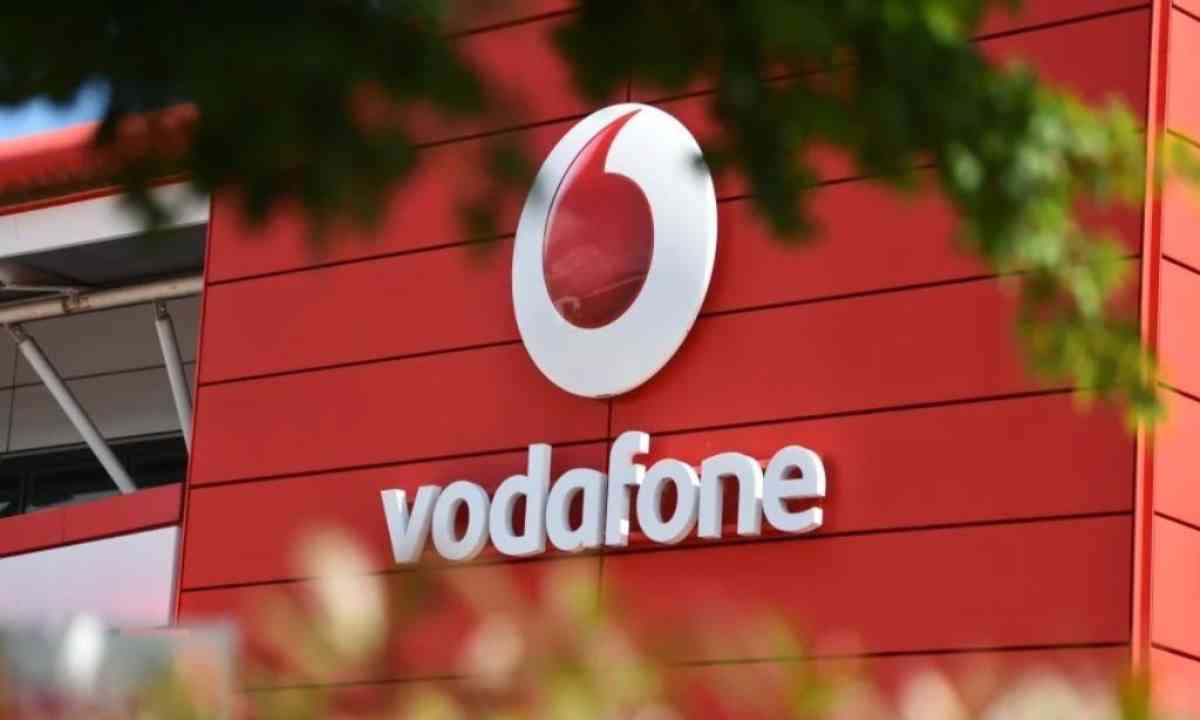Vodafone, a major telecommunications company based in the United Kingdom, recently unveiled its strategy to reduce its global workforce by 11,000 employees over the next three years. The primary driver behind this decision is the company's declining share price, which has reached its lowest point in two decades. Vodafone aims to restructure its business operations to bolster its competitive position and elevate the overall customer experience.
The staff reductions are part of a comprehensive cost-saving initiative designed to save approximately €1 billion (equivalent to roughly £870 million). Margherita Della Valle, the newly appointed CEO, and former finance chief, envisions a more streamlined and agile organization that can effectively adapt to evolving market dynamics. Della Valle emphasizes the imperative of transformation within Vodafone, recognizing the company's lackluster performance and the necessity for change to achieve consistent success.
Della Valle places significant emphasis on customer satisfaction, simplicity, and growth. Vodafone intends to simplify its organizational structure by eliminating unnecessary complexities, thereby enhancing its competitive edge. The company also plans to reallocate resources strategically to ensure the delivery of high-quality services that meet and exceed customer expectations. Additionally, Della Valle aims to drive further growth by leveraging the unique market position of Vodafone Business.
The CEO highlights Vodafone's unwavering commitment to a more sustainable future. The workforce reduction forms part of a broader strategy to streamline operations and reduce costs in response to projected minimal or no earnings growth for the upcoming financial year. With approximately 11,000 employees impacted, these layoffs represent the largest in Vodafone's history. The decision is a direct response to the company's underwhelming financial performance, with group core earnings declining to €14.7 billion for the fiscal year ending in March. Vodafone has faced intense competition from rivals such as AT&T and Verizon in the United States, as well as China Mobile and China Unicom in China. Rising costs and a slowdown in customer growth have further compounded the company's challenges.
To restore stability and improve its financial position, Vodafone is refocusing on core operations and striving to provide customers with a simple and dependable experience. The company has outlined three main priorities in its action plan: making substantial investments in customer experience and brand, implementing a planned reduction of 11,000 roles over a span of three years, and executing a turnaround strategy for its operations in Germany. Vodafone will continue implementing pricing adjustments and conducting a strategic review in Spain to further support its objectives.
In November 2022, Vodafone initially announced a comprehensive cost-cutting plan, which included job cuts, in response to mounting energy bills and inflation. The plan, valued at over €1 billion, was necessitated by a downward revision of the company's annual profit forecast. Following this, in December, Nick Read stepped down as CEO after a 40% decline in market value during his four-year tenure. Vodafone had been engaged in discussions to merge its UK operations with Three UK, owned by CK Hutchison, and a potential deal was reportedly close to finalization with a value of £15 billion ($18.7 billion).
© Copyright 2023. All Rights Reserved Powered by Vygr Media.























